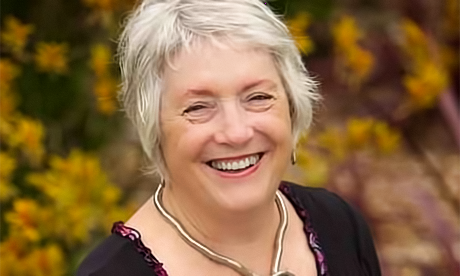At St Mary’s primary school in Lochee, Scotland, I had the same teacher for six years, Mrs W.
For me, she was an excellent teacher: she encouraged me to read widely, gave me ample time for creative writing, drilled me in mental arithmetic, and allowed me leadership opportunities, which largely consisted in time out of afternoon lessons to clean up the staff room!
Within her classroom, students were streamed rigidly, based on the arithmetic scores at the beginning of each term, and then allocated a seat beginning at the front of the right hand row – top boy, top girl, second boy and girl behind them and so on – and snaking up and down the classroom with “the tail” in the left-hand row, nearest the door and furthest away from the teacher’s desk.
At the back of that row, in 30th place, sat Andrew.
We were the children of the working class, without role models of continuing education, but among us Andrew stood out.
Today he would have been diagnosed with one or more learning difficulties, and a social worker, counsellor and school nurse would have worked to address family and social-economic issues. Then, he was largely left to his own devices, struggling to decipher baby readers when the rest of us had moved on to chapter books.
That was streaming at its worst, and I often wonder what became of Andrew, but for me and many others streaming worked.
It was a possible corollary of the Catholic belief that competition in education would enable Catholic children to rise to the same status as their Protestant counterparts – an important factor in overcoming the religious discrimination that permeated our society. I suspect that same belief lay at the root of traditional schooling structures in Catholic New Zealand, beginning with the children of immigrants, fostering excellence in brighter students by allowing them the opportunity to interact and compete with others of like ability.
But what about the Andrews of today, when unskilled job opportunities have shrunk almost to vanishing point, and NCEA Level 2 is being touted as the benchmark everyone needs to achieve in order to make a meaningful contribution to economic society?
Can we honestly say that we are honouring not just the core competencies of the New Zealand curriculum but the core values of our Catholic schools while we continue traditional streaming practices, perhaps not as rigorously as Mrs W. but certainly prompting some students to see themselves as “the cabbage class”, as was mentioned in a recent Dominion Post article.
Justice, Respect and Compassion, as well as National Administrative Guideline 1, all demand that we provide every student in Years 1-10 with opportunities to achieve, identify students who are at risk of not achieving and develop and implement strategies to address their needs.
Sometimes, in the senior school, streaming – or the less rigid “banding” – enables us to do just that, for example when we can group Maths students who struggle with algebra, provide them with an experienced and skilful teacher, and cover a course more slowly; or when, in the junior school we are able to maximise the effectiveness of an experienced teacher aide or mentor by clustering students around her.
However, recent research in both the UK and New Zealand would indicate we need to take another look at how we place students in classes.
- Perhaps all traditional practices have achieved is to make life easier for teachers, since a more homogeneous classroom cuts down the need for differentiated teaching strategies.
- Perhaps the move to more digital classrooms offers the opportunity for students who have struggled with academic content to experience more immediate and engaging feedback, which John Hattie tells has the largest effect on student achievement.
- Perhaps students are always going to measure themselves against others, rather than against their own previous best efforts, no matter what structures we employ.
We know that intelligence is not fixed, that the brain can make new connections every minute of every day with the right stimuli, so some hard questions need to be asked about why we do what we do – and one answer that’s not allowed is “because we’ve always done it.”
Kathleen Deady is Principal of Carmel College, Auckland.
